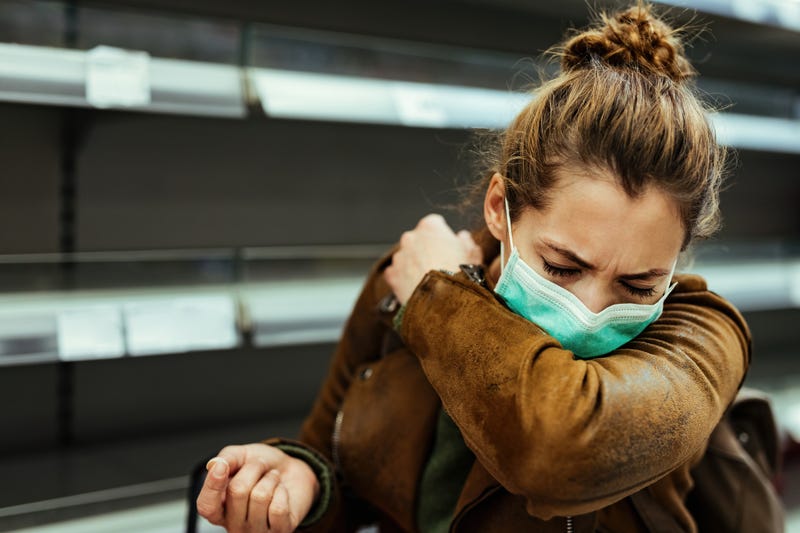
Scientists are learning new information about the Omicron coronavirus variant as more and more people become infected.
The World Health Organization said preliminary data indicates the Omicron coronavirus variant may more easily reinfect people who have already had the virus.
"Emerging data from South Africa suggests increased risk of reinfection with Omicron," WHO chief Tedros Adhanom Ghebreyesus said Wednesday during a media briefing. "There's also some evidence that Omicron causes milder disease than Delta, but again it's still too early to be definitive."
Ghebreyesus stressed that more data on Omicron is needed and urged nations to boost surveillance, testing and sequencing of the variant.
"Any complacency now will cost lives," he said. "Certain features of Omicron, including its global spread and a large number of mutations, suggest it could have a major impact on the course of the COVID19 pandemic."
The Omicron variant has now been reported in 57 countries and Ghebreyesus said he expects that number to continue growing.
"Exactly what that impact will be is still difficult to know. We are now starting to see a consistent picture of rapid increase in transmission, although for now the exact rate of increase relative to other variants remains difficult to quantify," he said.
WHO emergencies director Michael Ryan said the Omicron variant is "efficiently transmitting and probably more efficiently transmitting than the Delta variant," but that does not mean the virus is unstoppable.
"It means the virus is more efficient at transmitting between human beings," Ryan said. "Therefore, we have to redouble our efforts to break those chains of transmission to protect ourselves to protect others."
Vaccines still provide significant protection against severe disease, the WHO said, even if the vaccines are less effective against Omicron as some studies indicate.
"We can save lives from Delta, right now; We can prevent Omicron becoming a global crisis, right now; And we can prevent other variants emerging, right now," Ghebreyesus said." This virus is changing, but our collective resolve must not."
"All individuals can reduce their risk," he continued, "by keeping a safe distance from others, avoiding crowds, wearing a mask, cleaning your hands, and meeting outside if possible, or in a well-ventilated space indoors. And please, get vaccinated if you can."


